What Does Retreat Mean for Highly Sensitive People? Preventing Burnout and Nurturing Optimal Arousal Levels
Retreat - a verb meaning "to move back or away from something difficult, dangerous, or disagreeable." For instance, seeking shelter in the cellar at the first sign of a tornado. Can you relate to this metaphor? Perhaps it resonates more with me as someone from Oklahoma, but I believe it captures the essence well.
You may have been hustling to make ends meet or shouldering the responsibility of supporting others who are struggling or relying on you. Moreover, you might have experienced increased isolation or significant losses. Regardless of your circumstances, dear highly sensitive person, one thing I know for certain is that you need retreat. We all do. We require that escape, that precious time to detach from everything. But why is it so crucial?
Why is it imperative for every single one of us? And how can we prioritize it? Most importantly, how do we make it happen? To me, retreat involves rediscovering my optimal level of arousal. Sometimes, I find myself advancing—similar to how the military uses the term "retreat." I'm constantly pushing forward, navigating the world as it seems to advance toward me.
Retreat signifies stepping back, withdrawing to replenish our resources. It's what we need to do to restore our optimal level of arousal after venturing out into the world. I recently had an intriguing conversation with my highly sensitive young adult son. He shared how he often feels somewhat depressed when he doesn't engage in enough activities, particularly social interactions. I explained to him that this feeling of being under-aroused can also be problematic. While I don't believe he is truly an extrovert, I recognize that as a young person (20 years old), he craves more stimulation, as is common for youth and extroverts alike.
What I'm trying to convey is that we are all unique individuals, and each person's optimal level of arousal looks different, whether they are highly sensitive or not. What matters most for me is being attentive and aware of when I'm not at my optimal level of arousal or when I'm heading in that direction. At those times, I take deliberate action to pursue a more optimal state. So, fellow highly sensitive individuals, my question to you is: How do you recognize when you are not at your optimal level of arousal? And, more importantly, how do you return?
Of course, you know I'm going to suggest that retreat is the answer if you find yourself over-aroused. On the other hand, if you are under-aroused, seeking stimulating and interesting experiences can help you regain your balance. However, the real question lies in how each of us defines what is optimal because it's a unique and individual concept.
Sometimes, retreat can be as simple as closing your eyes for 30 seconds, blocking out a significant portion of sensory input. I personally find this practice immensely helpful and incorporate it several times throughout my day as preventive care for my nervous system. However, when I am truly over-aroused, merely closing my eyes doesn't suffice to bring me back to my optimal level of arousal. It's slightly frustrating to realize that I need much more—a genuine retreat, a withdrawal from the world in some way. So, what's my first line of defense? Well, I've been known to find solace in my car, hiding away. I've also discovered that going for a hike or tending to my horses and chores can have a calming effect, helping me reconnect with myself. In the end, I perceive attaining optimal arousal as coming home to myself.
In today's world, it takes more effort for me to truly retreat and return to my optimal level of arousal. I'm still experimenting with what works best for me. Recently, I received a newsletter from Elaine Aron, who mentioned retreating into her creative work for three months. Interestingly, when those three months ended and she contemplated reentering the world, she realized she wasn't ready. She desired and needed more time. While she is fortunate to have the means to take care of herself in that way, even if it presents a challenge for you, there are ways to be creative. We all need to be.
I would greatly appreciate it if you could share your own methods of retreat with me. What are your mini retreats and the more significant ones? How do you strike a balance between family visits, vacations, and retreats? I eagerly await your insights and experiences. Please feel free to reach out and share your valuable tools with me.
Warmly,
Tekin Meric, MSc
Counselor & Coach
If you would like to receive counseling or coaching support as you navigate your life issues, please feel free to reach out. I would be honored to hold a space for you online or in my practice in Amsterdam.



